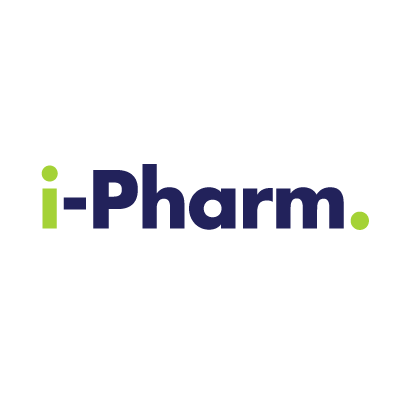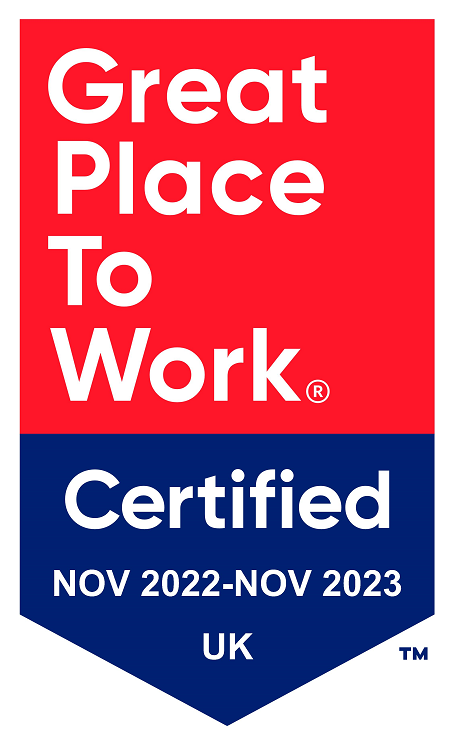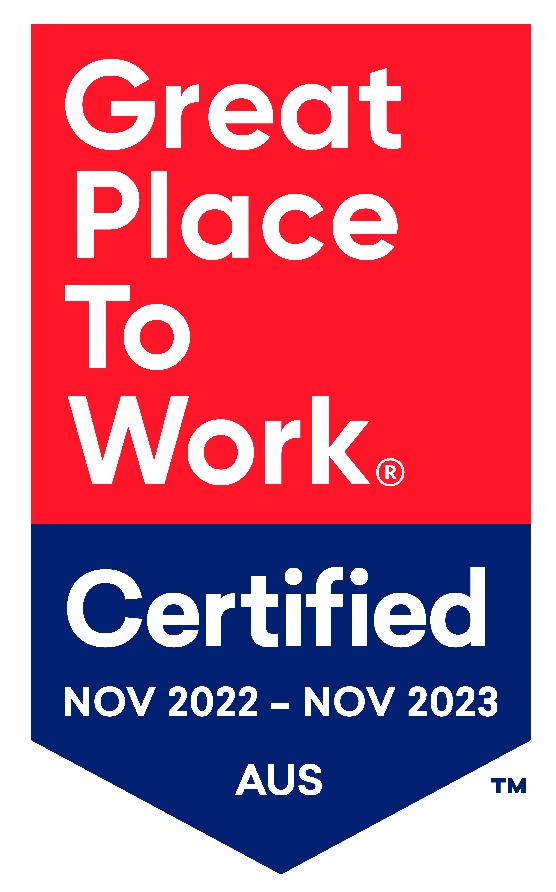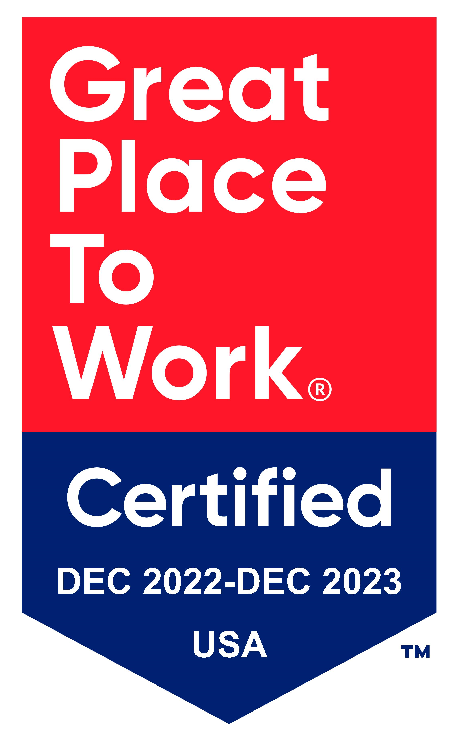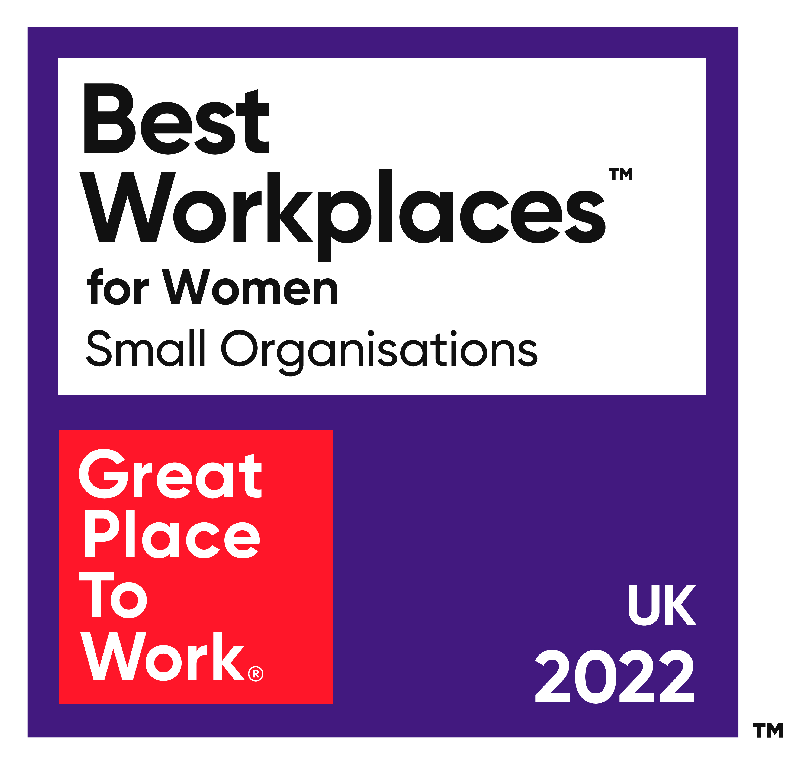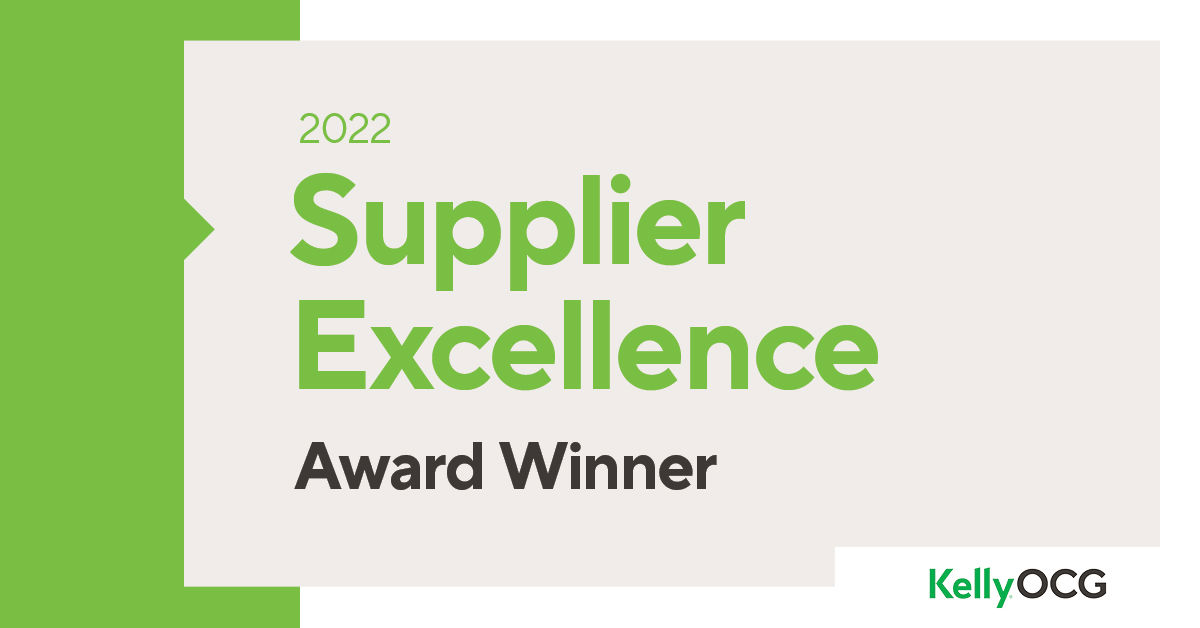Remote Working in Quality Assurance: The New Normal?
30 Nov, 20227 MinutesAs the case for many, the quality assurance and technology operations market has observed a ...
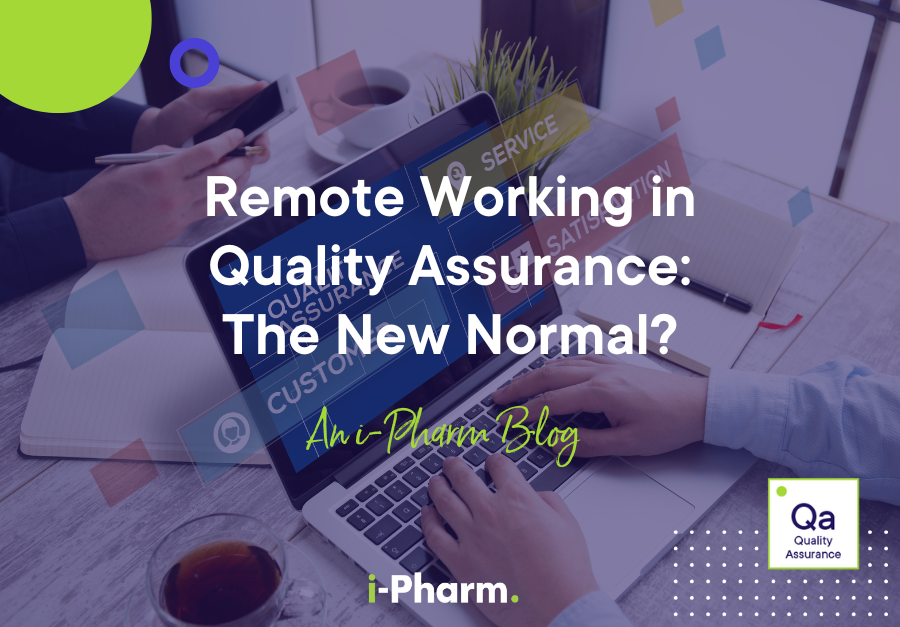
As the case for many, the quality assurance and technology operations market has observed a rise in remote working since the pandemic. As a result of the government ordered mandate, there was an urgent requirement to adopt remote working methods. Before COVID-19, neither the pharmaceutical business nor its authorities would have thought to use remote audits to check on the upkeep of supply chain partners' manufacturing and distribution standards. Even the suppliers themselves would not have anticipated being watched over from a distance. However, this overnight occurrence has had many pros and cons on the working style of clients and employees. As we emerge from the pandemic, is remote working here to stay within the quality assurance and technology operations market?
What are the Pros of remote working?
Verifying the reliable and consistent production of pharmaceutical products is the aim of quality assurance in the pharmaceutical industry. Every stage of the drug development process, from drug research through to sales and distribution, requires strict quality assurance and right now quality control is more important than ever. However, throughout the course of the pandemic and the lingering effects thereafter, routine quality assurance in the pharmaceutical sector has encountered many difficulties. This includes maintaining social isolation and travel limits while sticking to manufacturing timelines and schedules and making sure that quality compliances are maintained.
Fortunately, remote collaboration technologies with a distinctive 360° spatial view have offered solutions to the pandemic-related delay of pharmaceutical operations and could have revolutionary effects in the future. Utilising this technology, much-needed services – such as detailed FDA inspections and international meetings – can easily be carried out remotely for quality assurance. In addition, the ability to connect ordinary operational activity (assessments) with research activity thanks to better tracking of data collection and processing is a possible benefit of remote assessment.
Furthermore, remote evaluations also have a beneficial environmental impact, as well as financial savings from spared costs of lodging, visa fees, per diem and transportation. The increased flexibility in quality processes can drastically shorten the lead time for quality control labs and ultimately enable quicker product releases.
What are the Cons of remote working?
Rephine Ltd conducted a survey in February 2022 to better understand the perspective on the changes made to the industry's auditing practises and expectations, the effects of these changes, and the implications for future goals. It was found that the biggest problem with remote auditing has turned out to be the absence of a site visit to provide the crucial in-depth understanding of facilities and procedures. Although there is a chance that some of this will be discussed during virtual meetings, in this case, the auditees select what is displayed. There is far less room for auditors to haphazardly deviate from the plan and investigate behind closed doors if they have a hunch and want to learn more. Remote inspections cannot go into sufficient detail compared with on-site audits, meaning that there is a risk that something important may be overlooked.
Two-thirds of pharma clients said they would reject a remote-only audit as a method of vetting a new API supplier, demonstrating the lack of trust in remote auditing as a long-term fix. (Auditors gave the same response.) Without the possibility of a physical site visit and the chance to meet teams and evaluate facilities and procedures in person, too much could be left for interpretation. Quality assurance is arguably a cultural position – one which involves physical presence and communication with various teams.
Could Hybrid working be a solution?
Hybrid working provides clients and employees the opportunity to maintain regular quality assurance to safeguard patient safety through the convenience of at-distance documentation sharing and virtual inspections. Hybrid working provides increased flexibility whereby day on site could be combined with a day providing documentation remotely. Implementing technology such as 360° spatial view allows procedural quality control to continue to a high standard which can be followed by scheduled site visits throughout the year.
According to the survey conducted, it was found two-thirds of audit clients indicated that they would be OK with a hybrid approach to supplier auditing in the future, where regular tasks like sharing and completing documentation could be done virtually while on-site inspections were conducted in person. A return to 100% in-person quality assurance audits was favoured by a third of respondents. Only one client indicated a preference for continuing remote audits for the physical inspections as well as the paperwork component.
Conclusion
The life sciences industry has experienced significant difficulties with routine quality assurance while maintaining quality compliances, production timelines, and schedule adherence throughout the pandemic, and its lingering effects. However, with the pros and cons listed above of remote working, it seems hybrid working may be a viable solution to continue maintaining a high standard in the quality assurance of pharmaceutical drugs, while ultimately ensuring patient safety.
i-Pharm Consulting is a leading provider of staffing services in the quality assurance space and can guide candidates, regardless of their experience level, through the application process by facilitating interview prep and negotiating offers and deals.
Get in touch here to find out more.
